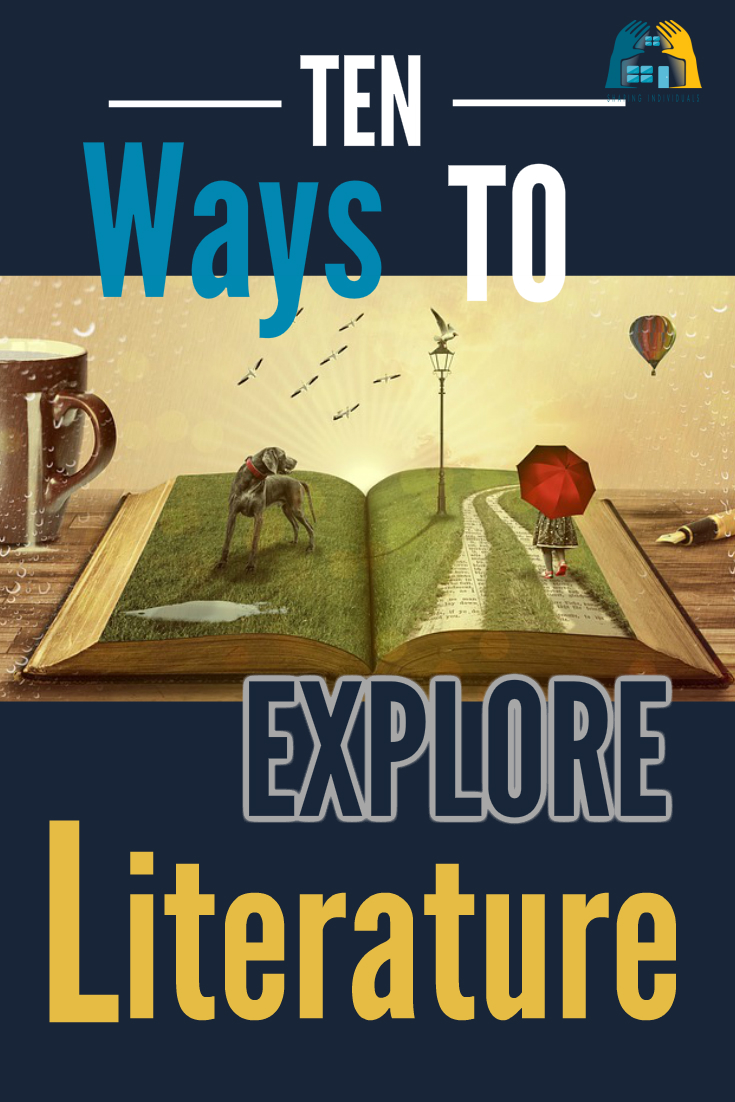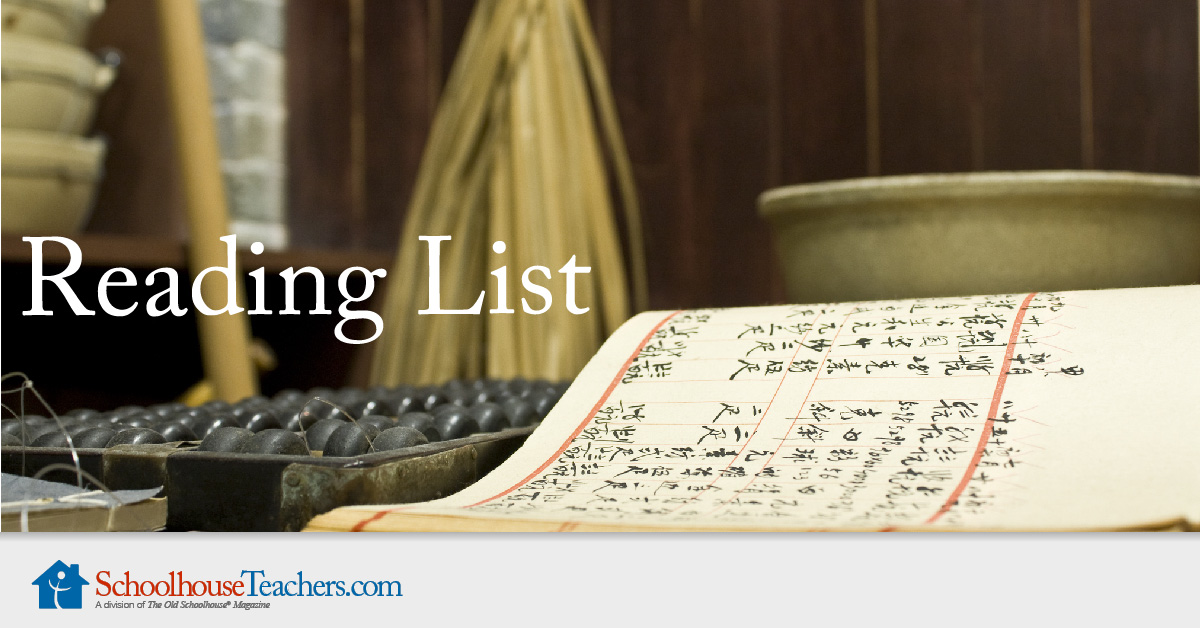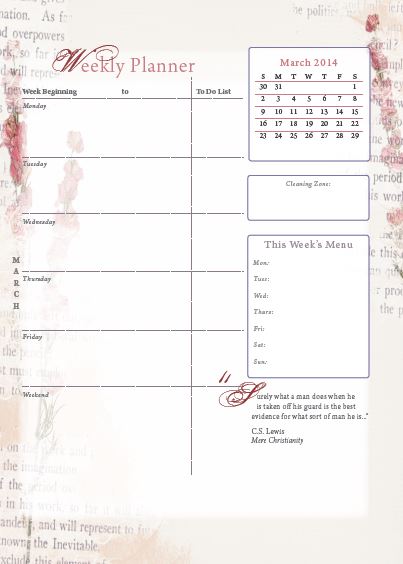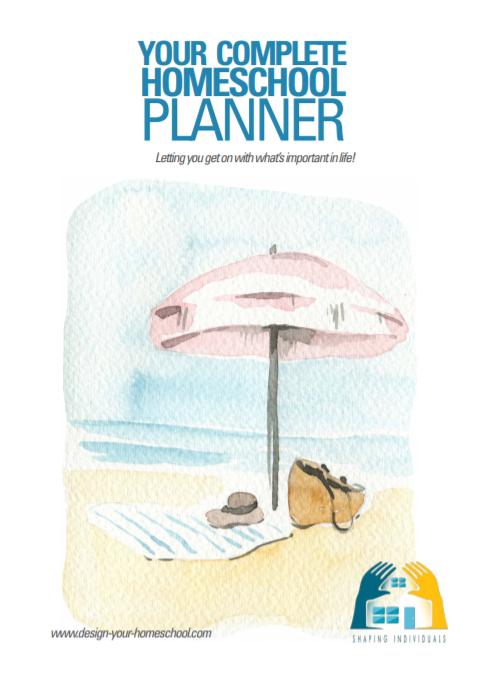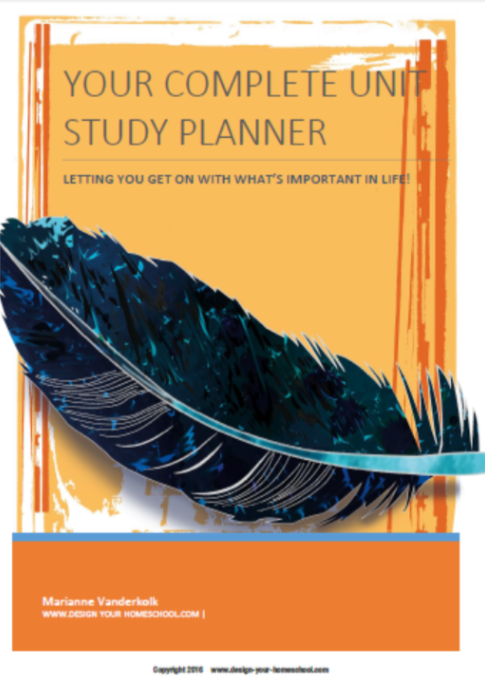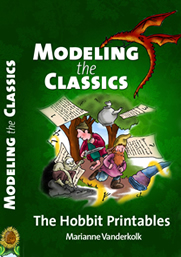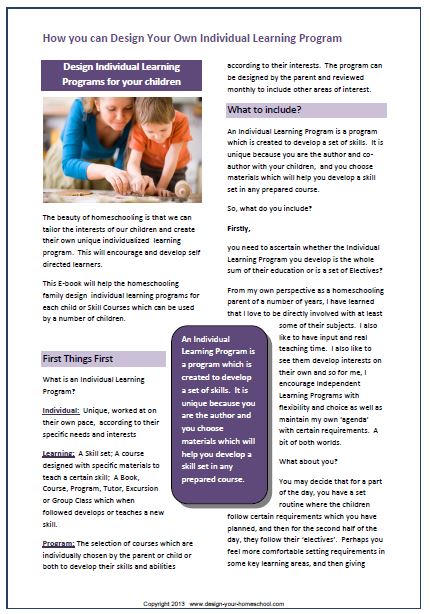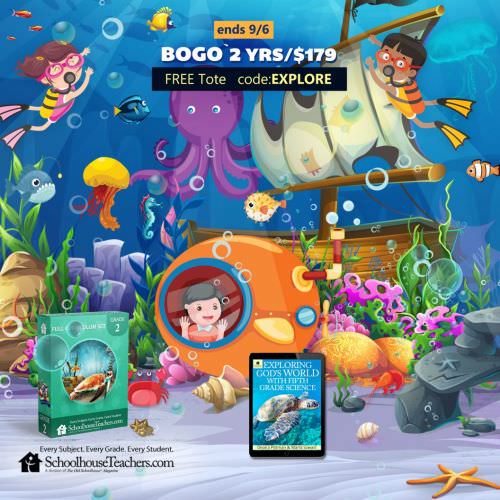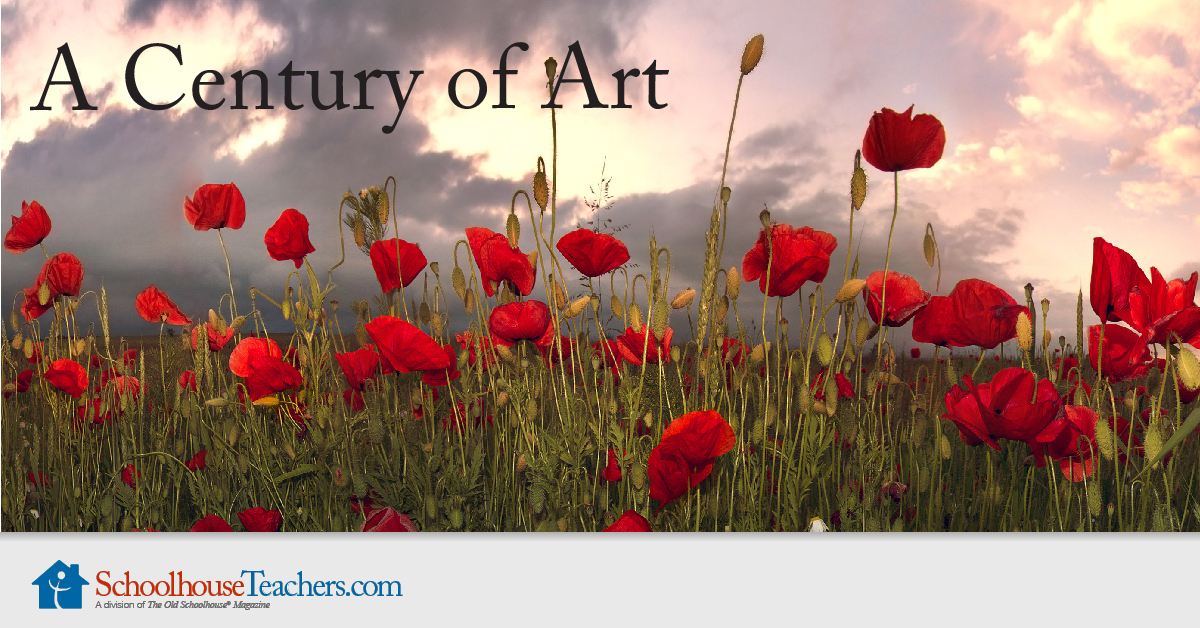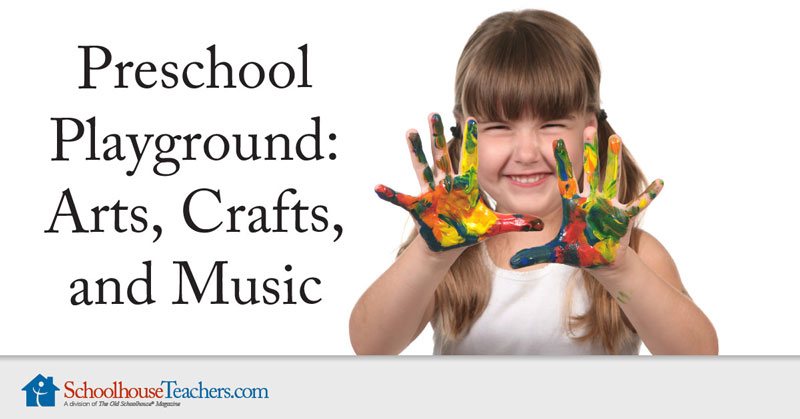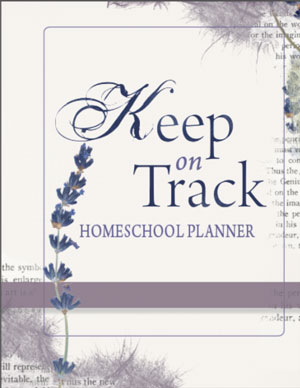Helpful Tips on How to Teach Writing Skills ... with Literature
We all want to know the secret on how to teach writing skills effectively, to our children. Since there are a number of writing skills and since this process is an ongoing process over years - one thing we require - is motivated children.
I believe that children need a purpose to write as well as something significant to write about.
Teaching Writing Skills Needs a Purpose
There are so many reasons why we want our children to write and we need them to understand that writing is necessary to life. So, in the first place, we should give children real life situations which encourage them to put pen to paper:
- Lists:
- Shopping lists, ingredients lists, materials list for a certain project, list of friends to invite over, list of food to buy for a party, list of books they have read or will read soon, lists of their wish list;
- Letters:
- Letters and cards to family, birthday cards, thank you cards, Get Well cards, Invitations,
- Brochures and Flyers: creating brochures for a party, a picnic, an invitation, a church event, a fundraiser,
- Letters to the Editor expressing a point of view
- Letters to Parliamentarians about an issue
Teaching Writing Skills using Literature as the Motivator
10 Helpful Tips on How to Teach Writing Skills using Literature
One of the joys of homeschooling is reading together!
As a family, over many years, we would listen to a great book being read aloud and smile, laugh and cry with the characters. Literature, also abounds in wonderful opportunity for lessons. But on that note, we do have to be careful not to make a wonderful opportunity into a weary lesson. Too many children end up hating literature because teachers have ruined it by pulling it apart and destroying its beauty - but only you can be the judge for that.
Here are
some ways we have used literature as a springboard to incorporate and teach writing skills.
1. Copybook
Copywork is a simple, yet effective strategy on how to teach writing skills. By copying excellent literature - you are copying models of excellent vocabulary, sentence structure, dialogue and so on. There is such a wealth of teaching by simply copying.
Here are the two selections we copied from The Wilderking Trilogy
Selection One:
Aiden went on. "I know my brother is a liar and a fraud. But some of the things he said sounded right, made me wonder if I have what it takes to be the Wilderking." Aiden paused, collecting his thoughts. "He said that everything I ever had was given to me, that I haven't deserved any of it. I've been thinking about that. And I don't know. Maybe it's true."
Bayard threw back his head and laughed. "True? Of course it's true!
Aiden was hoping for something more reassuring from the Truthspeaker. "What do you have that wasn't given to you?" the old man continued. "That's grace, man - what you're given, not what you deserve. And that's as true for Maynard as it is for you, as it is for me. Grace is the very air we breathe." (Book 2, The Secret of the Swamp King, pg 220)
Selection Two:
For the first time Aidan began seriously to consider the possibility that Bayard was telling the truth. "What if you are correct?" he asked. "What if I am destined to be the Wilderking? How should I live?" "The same way you should live if you weren't the Wilderking. Live the life that unfolds before you. Love goodness more than you fear evil." (Book One, The Bark of the Bog Owl by Jonathan Rogers, pg43)
Try Everyday Copywork from SchoolHouseTeachers
2. Reading Logs
Another way to motivate children to write - is to keep a reading log of the books you have read aloud and also the books your children have read.
It is inspiring to look back at all the books you've read together. My children recently created their own "bookshelves" on a large sheet of paper and made spines or front covers of the books when they had read them. This was their visual Book List. They sometimes added a Book Review.
So, in both ways, you are encouraging writing with a purpose of making a list which you can enjoy and look back on later on.
Michelle Miller (from TruthQuest History - really knows her books! So,, if you're stuck for motivation and where to begin... look below!
Not sure where to begin? Try these monthly reading lists from Michelle Miller and SchoolhouseTeachers
These detailed printable monthly reading lists explore various topics; each list is broken down by subject and includes a suggested grade level for each book.
Provided by Michelle Miller, author of Truth Quest History and founder of the Children’s Preservation Library, the monthly book lists on SchoolhouseTeachers.com provide a highly detailed printable list of books for your family to consider reading
3. Book Reviews
Book Reviews can be created individually or written together as a family with mum being scribe. Place all the book reviews into a family Reading Book List folder with plastic sleeves.
Over the years, we created a wonderful book called "Our Classics Book” and in that we have pictures, copywork and comments on the book we read. It is a treasure to look back on.
4. The Book of Heroes
From time to time, my children write about a character from a book which they have just read and describe why he/she was a hero.
- What character qualities did they possess?
- How did they grow as a character?
- What made them act the way they did?
This is a way in which children can learn to examine literature and the elements within literature and then express it. The writing skill is termed: 'evaluating and responding to literature.'
5. Creating Maps
Creating Story Maps is an interesting project where you trace the path of the main characters of the book. It's great for stories about journeys - The Hobbit, The Wilderking, Around the World in 80 Days.
This help to develop the writing skill of sequencing and plot development - ordering the story line.
Use Literature Kits by SchoolhouseTeachers
Author of Literature Kits, Marla Schultz writes,
"My hope is that these Literature Kits will help ignite your homeschooling and that you and your children will enjoy special moments together as you read these books. In addition, my desire is to provide tools to assist you in developing in your children a love of good literature; teaching them critical thinking skills; expanding their knowledge of the Bible, history, geography, and other subjects; developing their writing abilities; “traveling” as a family to fascinating times and places; creating fun art projects; and experiencing different foods and flavors."
Literature kits post every two months and focus on a different book with each unit; explore language arts, hands-on activities, recipes, history and geography, Bible, science, and more.
- Call It Courage
- All-of-A-Kind Family
- Columbus
- The Horse and His Boy
- The Quiltmaker’s Gift
- The Year of Miss Agnes
- Island of the Blue Dolphins
- Where the Red Fern Grows
- Charlotte’s Web
- The Silver Chair
- The Lion, the Witch, and the Wardrobe
- The Magician’s Nephew
- Prince Caspian
6. Redesigning a Front Cover
After having read a book, you may choose to redesign the front cover including the front, spine, and back cover with a new publisher's blurb.
The writing skill involved in this is to summarize the theme of the book. It also helps to capture the main elements of the story and then present them as a 'teaser' so others will also be excited to pick up the book - and without giving away the ending!
7. Cartoon Strip
After having read a book or a chapter, you could paint or draw a series of pictures mounted on a large sheet or paper so that a 'cartoon strip' of episodes is displayed. You can also create a video from the cartoon strip.
8. Create a Play/ Video
Choose a scene from the book and make it into a play. Use your own sound tracks and special effects. Video your play.
9. Create a Puppet Show
Create characters with puppets (stick, hand, finger, glove puppets) and put on a puppet performance.
10. Create a Board Game
Create a board or card game based on the book.
Literature is to be enjoyed and these are some ways in which you may decide to enhance your study of literature. I would never attempt to do put all these ideas into action after reading one book! I’d pick and choose accordingly and follow ideas which excite my own children.
I hope
this list helps you to understand how to teach writing skills in the context of using literature and reading as your motivator. Perhaps your family will also enjoy putting some of these ideas into practice.
Where to from here?
- Using Language Arts Lesson Plans to teach literaure
- Teaching Literature
